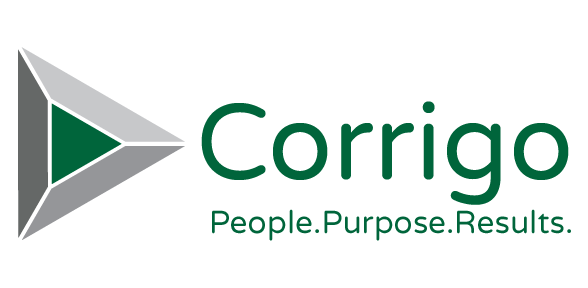Interview Preparation for a Phone Conversation
/If you have an initial phone interview scheduled with a potential employer, you want to be prepared. Great interviewing skills are guided by three basic concepts that cover every phase of the interview, and apply to professional interviews at any level, and in any format. Before getting on the phone, review the following tips.
Most interviews start with some form of an open-ended question, one of the most common being, “Tell me about yourself.” And while you may be an easy subject, it’s not a layup question. The interviewer may intend it to be a simple ice-breaker, but it is the defining moment of first impression - and will go farther toward determining chemistry than any other interview element that follows.
Every candidate should have their answer ready to give at a moments notice. If you can successfully answer this question, you’ll get the benefit of the doubt for the rest of the interview. So what should you keep in mind when answering this question?
Be concise. 90 seconds is ideal, 2 minutes in the maximum.
Describe your professional journey of who you are, how you got there, and where you are headed. You’re setting the tone for being credible and easy to follow.
Even if the question is not asked, you are setting yourself up for success later in the interview, as you’ll know yourself better and handle other questions with clarity.
As the interview transitions to the middle, and longest phase, one concept dominates: “Specific is memorable and general is hard to believe.” If your answer lacks elements for easy recall that can be readily captured in a note (and recounted for their superiors), then most of what you said will be discounted and washed away in all the haze of information. How do you make sure to be as specific as possible, even if the interviewer doesn’t directly ask for examples?
Talk in terms of why a problem existed, how you contributed to solving it, and how that translated to results.
People are hiring the value you are able to create, and this is how you will differentiate yourself.
Remember - the interviewer already knows your job description, so don’t just regurgitate it.
Some people are better storytellers by nature, but everyone can practice framing the circumstance they were in, and remembering the specifics of problem-solving actions they contributed to results.
Eliminate extraneous information that leads to wordy 10-minute answers (no candidate should ever talk for more than a few minutes without checking with their audience for whether they are on the right track). Only you can decide what gets included and cut from your storyline. Get to the facts, and get to the point concisely.
We’ve all been told to research the company we interview with, and have questions ready when you go into an interview. The truth is that you need to be ready to do better than that. People demonstrate what they know and what they care about by the questions that they ask. It takes a person of great insight to ask a great question. Yes, you need to do your research, but asking great questions is how you will put it into motion.
Your turn to ask questions is not really about meeting your own needs - it’s about creating or continuing a conversation at a deeper level of mutual value.
Questions about markets, overcoming challenges in current events, pros and cons of key operational processes and decisions are beneficial. You want to “talk shop”, not just ask about compensation and benefits.
Some of your questions may be answered during the interview, especially if the interviewer has a conversational style and/or likes to give the candidate a lot of information about the company up front. Your job is to pick up on that, and ask the next logical question that takes the conversation below the surface.
Beyond the 3 main phases of an interview, here are a few more things to keep in mind overall when you’re interviewing.
Above all, be yourself and let the chips fall where they may. You may think you need a job, but what you really need is a job where you are a great fit.
Ask for the Job! In your own way, of course, but never, ever miss the opportunity to close the deal. Everybody wants to hire somebody that they believe genuinely wants this job. Somewhere in your concluding remarks, you should be reinforcing your enthusiasm for landing this position, affirming why you are the right fit, and asking for the next step in the process.
Thank you is always in style. Express your gratitude for the interviewer’s time and attention.




